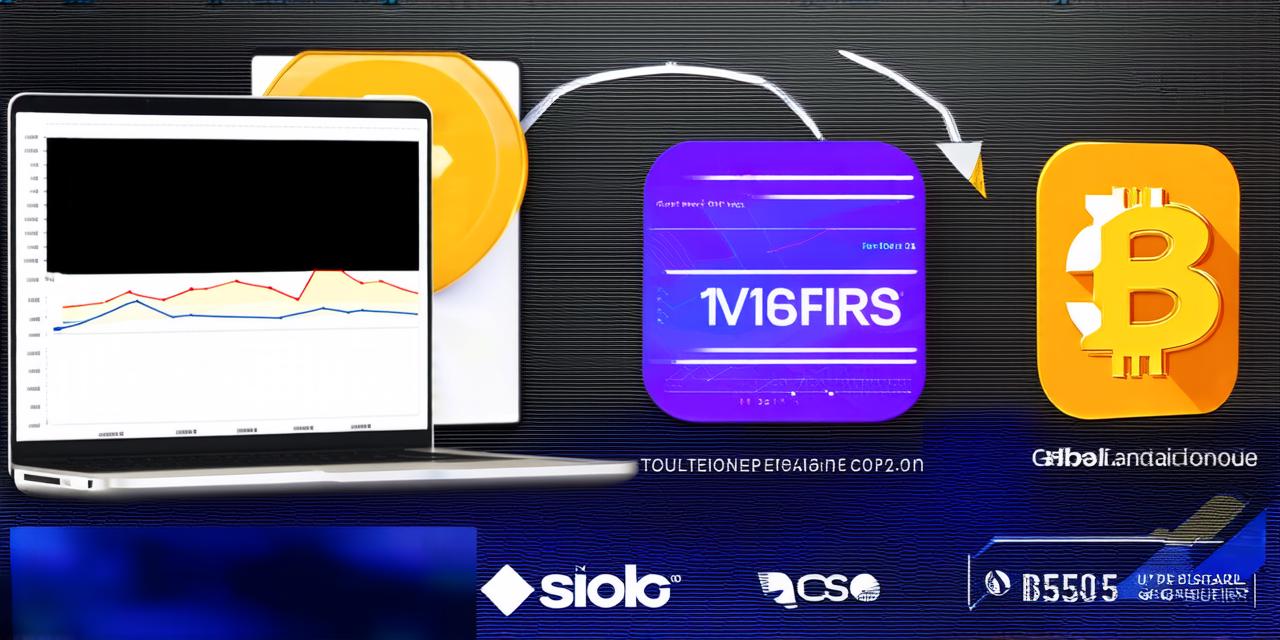When it comes to trading cryptocurrencies, transaction fees can add up quickly. This is especially true if you’re making multiple trades or trading frequently. In this article, we will explore some of the most popular cryptocurrency trading platforms and compare their transaction fees to help you make an informed decision on where to trade.
Choosing the Right Trading Platform
When choosing a cryptocurrency trading platform, there are several factors to consider. These include:
- Ease of use: Is the platform easy to navigate and understand? Does it have all the features you need to make trades effectively?
- Security: Is the platform secure and protects your funds from hackers?
- Reputation: What is the reputation of the platform among other traders? Are there any red flags that should be avoided?
- Trading fees: How much do the transaction fees cost? This is an important factor to consider, especially if you plan on making frequent trades.
Transaction Fees: What Are They?
Transaction fees are the costs associated with sending or receiving cryptocurrencies from one wallet to another. These fees can vary depending on the network you’re using (such as Bitcoin, Ethereum, or Binance Smart Chain) and the congestion level of that network.
When a user sends or receives cryptocurrency, they need to pay for the gas or energy required to validate and process that transaction. This gas is measured in units called gwei (for Ethereum) or in other forms of currency depending on the network being used.
The higher the congestion level of the network, the more expensive it will be to send or receive cryptocurrency. This is because there are more transactions competing for validation and processing time.
1. Coinbase
Coinbase is one of the most well-known cryptocurrency exchanges in the world. It offers support for over 100 different assets, including Bitcoin, Ethereum, Litecoin, and many others.
Coinbase charges transaction fees based on the network being used. For example, if you’re sending or receiving Bitcoin, you will be charged a flat fee of $0.99 per transaction regardless of the congestion level of the network. Ethereum transactions are calculated using a gas limit system, where users pay for each unit of gas used to process their transaction.
2. Binance
Binance is another popular cryptocurrency exchange that offers support for over 500 different assets. It has become known for its low fees and fast trading speeds, making it a popular choice among high-frequency traders.
Binance charges transaction fees based on the network being used, similar to Coinbase. However, Binance also offers a unique fee discount system where users can receive up to 25% off their trading fees by holding Binance’s native cryptocurrency (BNB).
3. Kraken
Kraken is one of the largest cryptocurrency exchanges in the world and has been in operation since 2011. It offers support for over 40 different assets, including Bitcoin, Ethereum, Litecoin, and many others.
Kraken charges transaction fees based on the network being used, similar to Binance and Coinbase. However, Kraken also offers a unique fee discount system where users can receive up to 50% off their trading fees by holding Kraken’s native cryptocurrency (KRW).
4. Bitfinex
Bitfinex is another well-known cryptocurrency exchange that has been in operation since 2012. It offers support for over 20 different assets, including Bitcoin, Ethereum, Litecoin, and many others.
Bitfinex charges transaction fees based on the network being used, similar to Coinbase, Binance, and Kraken. However, Bitfinex also offers a unique fee discount system where users can receive up to 8% off their trading fees by holding Bitfinex’s native cryptocurrency (BNB).
5. Polkadot
Polkadot is a decentralized finance platform that allows for the creation of interconnected and interoperable applications on the blockchain. It offers support for over 20 different assets, including its own native cryptocurrency (DOT).
Polkadot charges transaction fees based on the network being used, similar to Coinbase, Binance, Kraken, and Bitfinex. However, Polkadot also offers a unique fee discount system where users can receive up to 10% off their trading fees by holding Polkadot’s native cryptocurrency (DOT).
Comparing the Fees

Now that we’ve taken a look at some of the most popular cryptocurrency trading platforms and their transaction fees, let’s compare them to see which one offers the lowest rates.
| Platform | Transaction Fee System | Discount System |
| — | — | — |
| Coinbase | Flat fee per network | None |
| Binance | Gas limit system | BNB discount |
| Kraken | Gas limit system | KRW discount |
| Bitfinex | Gas limit system | BNB discount |
| Polkadot | Gas limit system | DOT discount |
As we can see, all of the platforms charge transaction fees based on the network being used. However, Binance and Kraken offer unique fee discount systems that allow users to receive up to 50% off their trading fees by holding their native cryptocurrency. Polkadot also offers a similar discount system, but with slightly less discount compared to Binance and Kraken.
In addition to these discounts, Bitfinex and Polkadot offer a discount on their trading fees by holding their native cryptocurrency (BNB and DOT). This can be an attractive option for users who plan on making frequent trades or holding their cryptocurrency for the long term.
Summary
When it comes to choosing a cryptocurrency trading platform, transaction fees are an important factor to consider. While all of the platforms we’ve looked at charge transaction fees based on the network being used, some offer unique fee discount systems that can help users save money on their trades. By comparing the fees and discounts offered by each platform, you can make an informed decision on where to trade your cryptocurrency.
